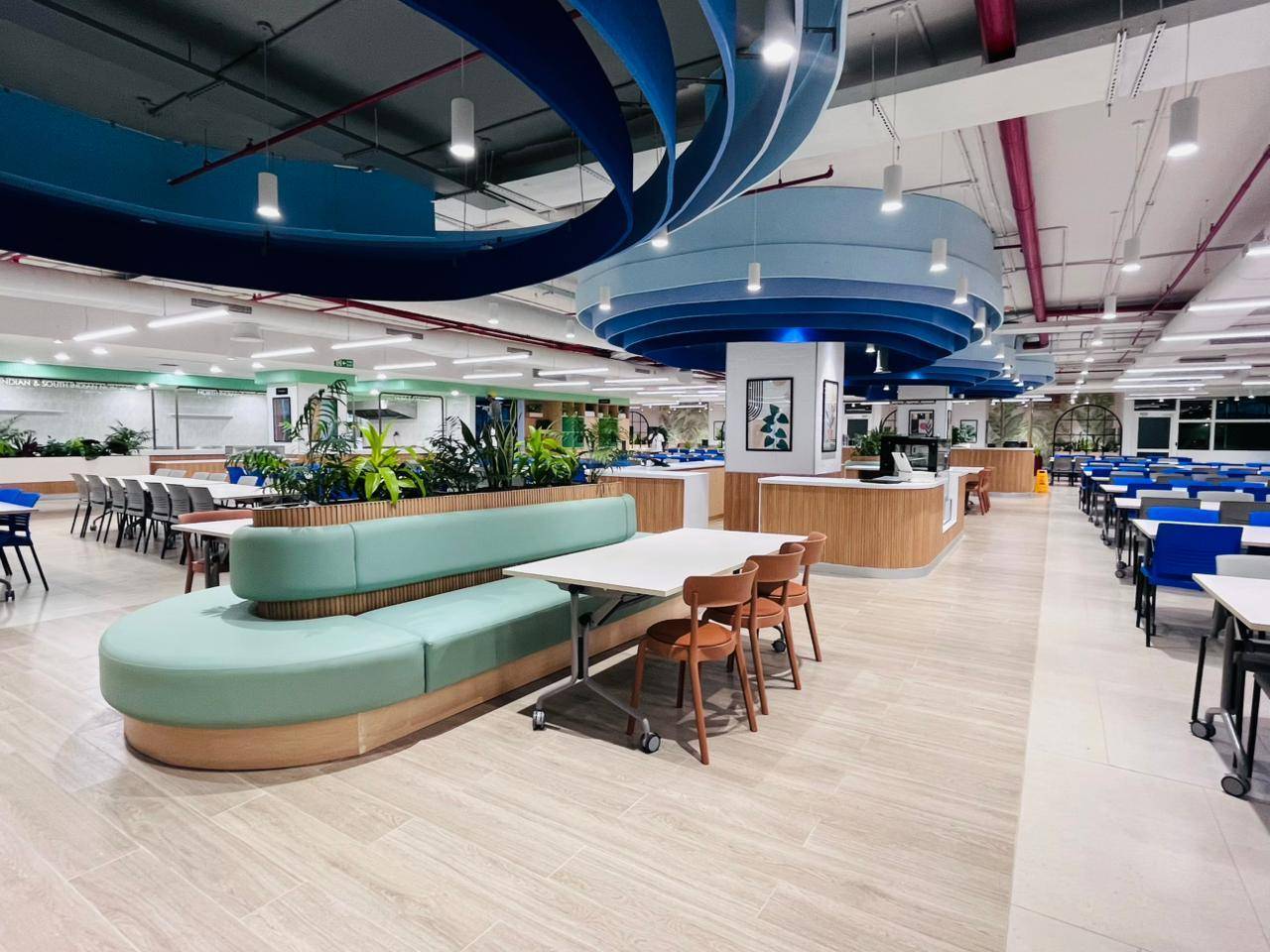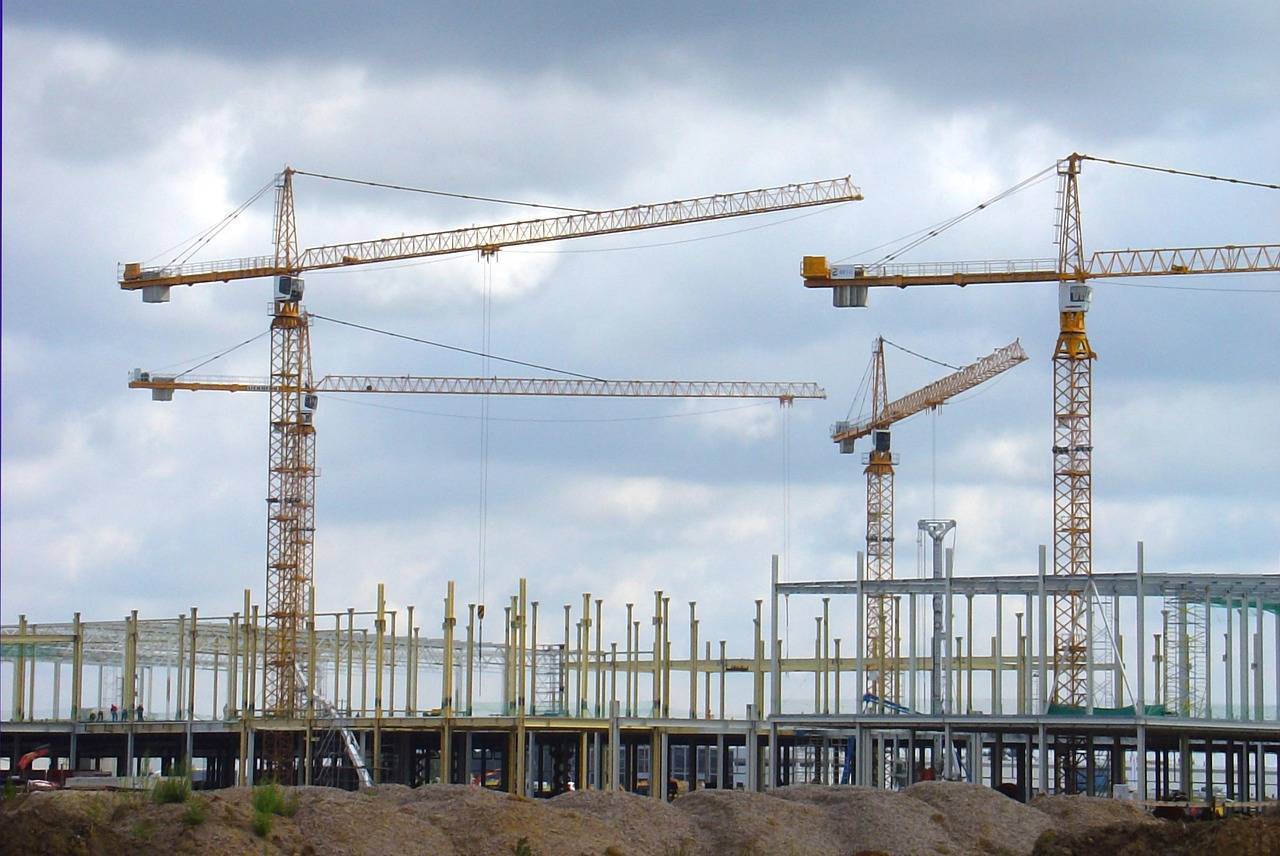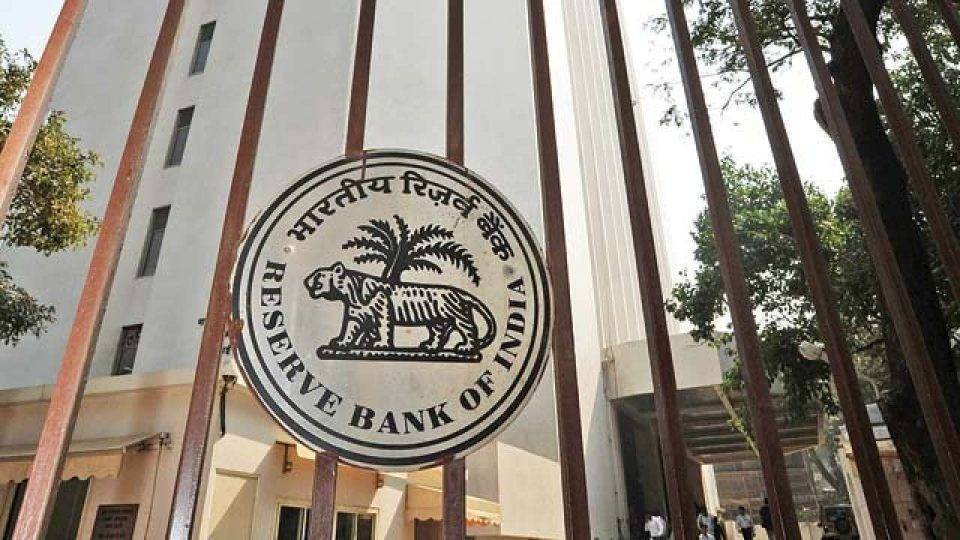Developers are being offered a range of incentives to create rental housing in the Mumbai Metropolitan Region (MMR). Measures include a complete waiver of income tax on rental income for 10 years, a five-year property tax exemption, GST concessions, and additional floor space index (FSI) of 0.5 in Mumbai and 0.3 in MMR at no cost.
MHADA Vice-President Sanjeev Jaiswal presented the draft rental housing policy to builders, inviting suggestions to improve it further. “MHADA has proposed a reduction in development charges by 50% and the amount collected by the local body to be returned to the housing society as a corpus for its maintenance,” he said.
To ensure smooth operation and maintenance of rental housing, the policy strongly recommends full property tax exemption for the first five years and only 50% property tax for the next five years. The draft also calls for waivers of stamp duty and GST, and caps interest on loans from financial institutions to 6%. The policy encourages public-private partnership or hybrid models and allows long-term land leases to facilitate rental housing development.
Developers are also provided an exit route: “The policy allows a developer to exit the rental housing project by allowing the tenements to be sold to the tenants or in the open market,” Jaiswal explained.
MHADA has drafted the Rental Act along with the rules. “A presentation will be made to the CM and housing minister and then presented before the legislature,” Jaiswal added.
Highlighting the current housing scenario, he said, “There are 21 lakh homes across Maharashtra that are currently unoccupied, of which 44% are in the MMR. MHADA and CIDCO are sitting on a huge unsold inventory.”
Jaiswal emphasized that rental housing is intended to cater to migrants, students, labourers, working women, tourists, disaster-affected persons, project-affected persons, housing for the homeless, and the economically weaker sections. “Rental housing is a viable alternative to slums. The aim is to provide rental housing and later convert it to ownership,” he said.
One of the major challenges is the long duration of dispute resolution in rental leasing. “Around 67% of cases dragged beyond 5 years and only 10% of cases resolved within 2 years,” Jaiswal pointed out, adding that delays paralyze the rental market and put both owners and tenants at significant risk. To tackle this, a rental housing portal is proposed to provide information on all units available under the policy.
The state government’s housing policy aims to create more rental housing across Mumbai and the MMR, supporting its goal of making the region an economic growth hub by 2030. The government targets building 30 lakh homes in the region, with MHADA entrusted with 8 lakh units, including rental housing.
Additionally, the state cabinet has approved a cluster redevelopment policy for all MHADA layouts larger than 20 acres. “Only consent from housing societies is mandatory for the redevelopment,” the policy states, removing the need for individual resident approvals.









.png)